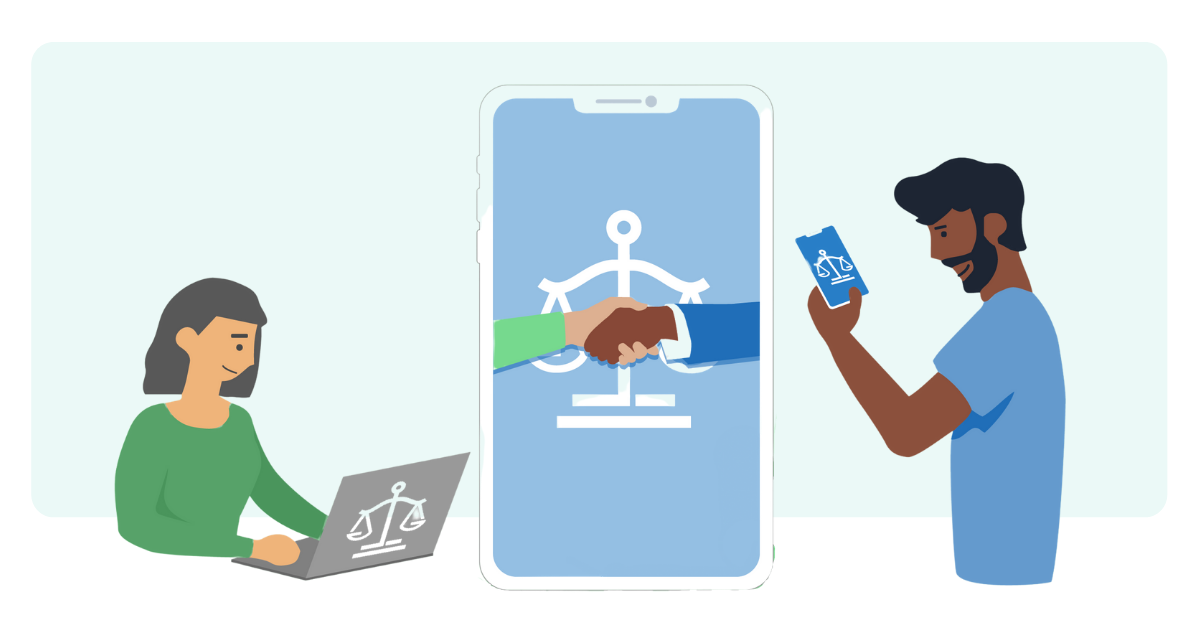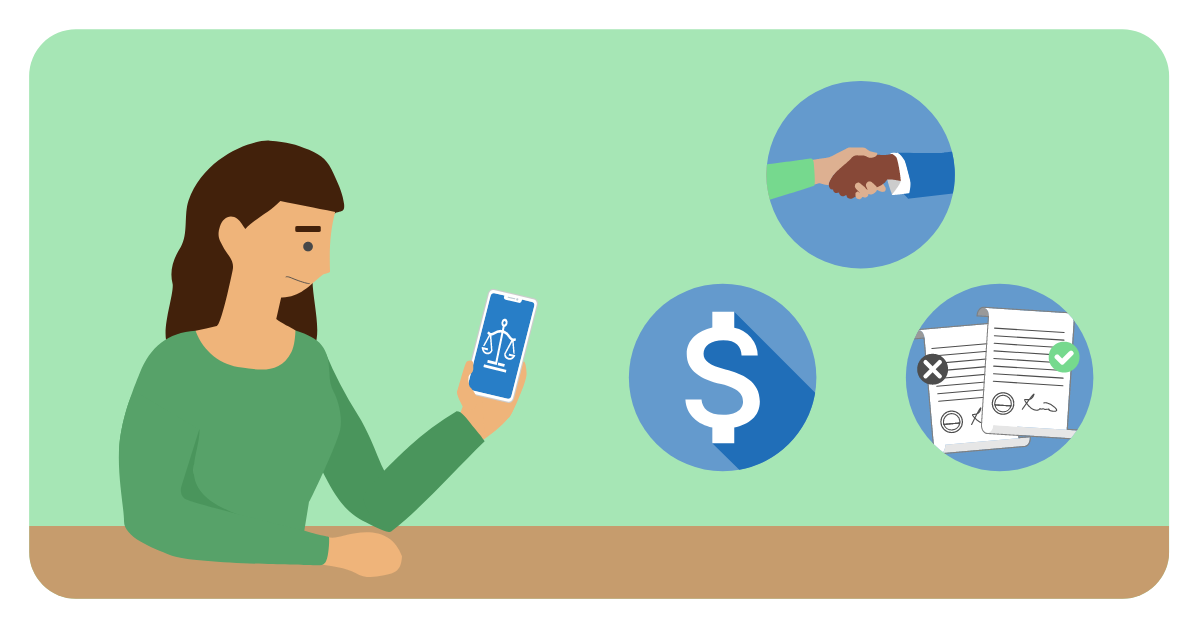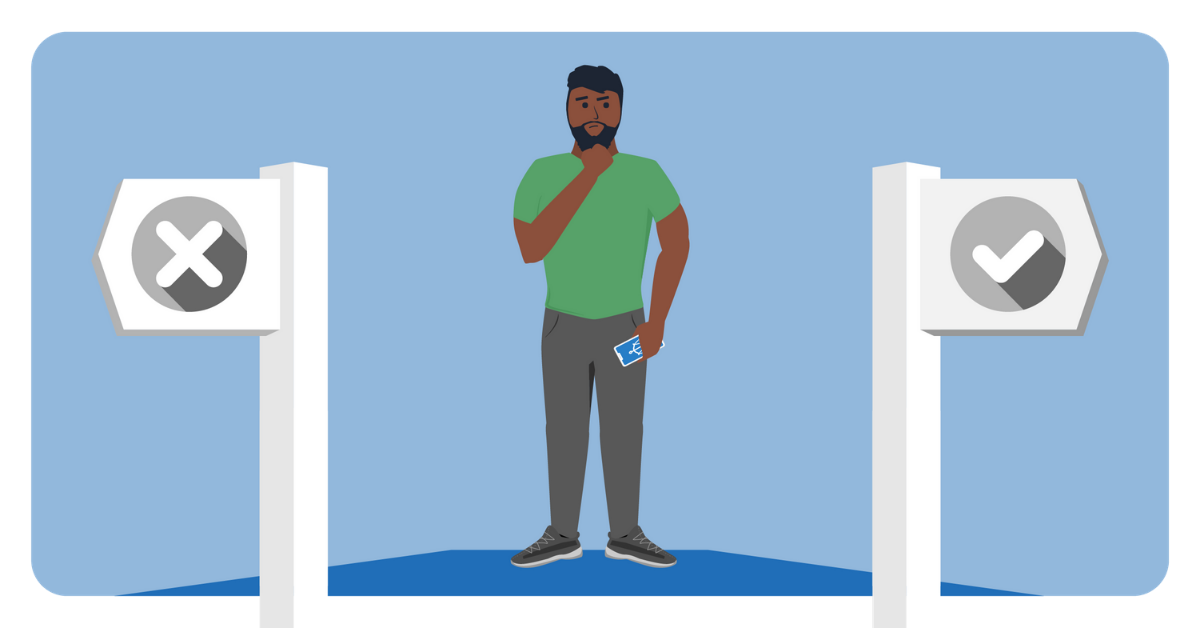What Is A “Retainer” When Hiring An Attorney?

What is a retainer? You may have heard that word mentioned if you have been thinking about hiring an attorney. This post will discuss what a retainer is and what you should know about it if you seek legal help from an attorney.
What is a retainer?
When you hire an attorney, you will likely pay for professional legal services. Often this is referred to as a “retainer.”
Attorneys have different payment structures depending on the type of firm and the type of legal service you need. The most common payment options are:
- Hourly fees – Attorney charges for every hour they spend on your case. It is common to break the hour into smaller chunks of time, based on the services received.
- Flat fee – The attorney charges a flat rate, regardless of how much time it takes to do the legal work.
- Contingency fee – If your case is won, the attorney takes a percentage of the money that is awarded for your case.
- Retainer fee – A down payment fee for both establishing the relationship with the attorney and for future work to be completed by the attorney.
The critical thing to know about retainer fees is that you pay this fee before any legal work is completed on your behalf. The money is set aside, and the attorney takes from that amount as they work on your case.
How are retainers set up?
Retainer fees are set up by signing a contract called a retainer agreement. It is crucial to make sure you review the agreement carefully before signing. Each retainer agreement is different, however, the following elements are commonly included in most retainer agreements. Common parts of the retainer agreement include:
- Billing – Even though your attorney will be taking money from the fee, they should still send you regular invoices, so you know how much of the fee remains.
- Compensation – The services that are being covered by the retainer fee should be outlined. The attorney’s hourly rate should also be included.
- Additional costs – If there are any additional costs that the retainer fee does not cover, this should be described in the agreement. A retainer fee covers the services that the attorney provides. Many times there are other costs, such as court fees, that you will have to pay.
- Attorney work setup – Your retainer fee is held in a trust. Your lawyer will grab from the retainer fee after a threshold cost has been incurred. If your retainer fee is running low.
- Fee disputes – If there are fee disputes that come up, the retainer agreement outlines how they will be resolved.
What else should I know?
In addition to the retainer agreement, a separate trust account isn’t set up for each client. Attorneys have a trust account established whereby all retainer payments are first deposited until the money is “earned”. The retainer trust account is where the money you pay the attorney sits.
There are legal and ethical obligations surrounding retainers. Because the money has not been earned yet, an attorney cannot put it in their business account. As a result, they must deposit your money in a trust account. After providing services and earning money, the attorney can transfer it from the trust account to their business account. This usually happens monthly and is outlined in the retainer agreement. This is also when the attorney sends you a bill to keep track of how much of the fee is left.
As your attorney works and the retainer fund decreases, they may ask you to deposit more money or the attorney may instead shift to a standard hourly billing arrangement for additional work to be performed. At this point, you can then either refill the account or choose to end the services.
Unless the retainer agreement expressly stated that your retainer fee was non-refundable, any money left over that was not used at the end of their services gets returned to you.
What are the benefits of a retainer?
Retainers benefit both the attorney and the client. It guarantees that the attorney gets paid for the work they do. For clients, it is a way to get an estimated budget on legal fees. The retainer fee is not necessarily the total amount you will spend. However, it does help give a broad estimate. Retainer fees also build a level of trust between client and lawyer.
Retainer fees are a type of payment structure for lawyers. They are beneficial for both the client and the attorney.
What is the next step if I to talk to an attorney?
If you are in a situation where you may need legal help, it is always prudent to consult a lawyer.
Use the LegalQ app to pay a one-time, simple fee. Connect with an attorney, ask questions, and make a plan and move forward.
While you may choose to hire your attorney in the future, this initial consultation fee with LegalQ will not require a retainer fee. Make a plan, and move forward with confidence. Download the app today to begin.




